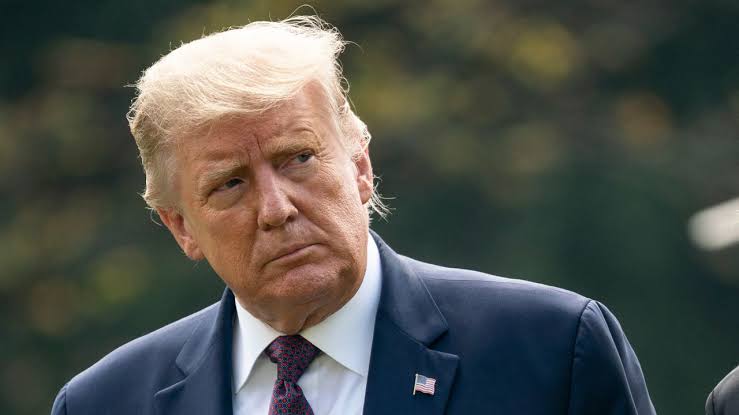FORMER US President Donald Trump will be charged over hush money payments made to a porn star just before the 2016 presidential election.
The details of the case against him have not yet been released.
A grand jury has voted to indict him after investigating a $130,000 pay-out to Stormy Daniels in an attempt to buy her silence over an alleged affair.
Mr Trump, 76, denies wrongdoing. He is the first serving or former US president to face a criminal charge.
The office of Manhattan District Attorney Alvin Bragg, who has been pursuing the investigation, confirmed that it had contacted Mr Trump’s attorney to “co-ordinate his surrender” on unspecified charges.
The ex-president, who lives in Florida, is expected to fly to New York on Monday and be arraigned in court on Tuesday, two sources familiar with the matter told CBS News, the BBC’s US partner.
The charges in the indictment will be read to him at the hearing, which is set to last about 10-15 minutes.
The United States Secret Service – which is tasked with protecting serving and former US presidents – will be in charge of security for the court appearance.
In 2016, adult film star Stormy Daniels contacted media outlets offering to sell her account of what she said was an adulterous affair she had with Donald Trump in 2006 – the year after he married his current wife, Melania.
Mr Trump’s team got wind of this, and his lawyer Michael Cohen paid $130,000 to Ms Daniels to keep quiet. This is not illegal.
However, when Mr Trump reimbursed his lawyer, the record for the payment says it was for legal fees. Prosecutors say this amounts to Mr Trump falsifying business records, which is a misdemeanour – a criminal offence – in New York.
Prosecutors could also potentially allege that this breaks election law, because his attempt to hide his payments to Ms Daniels were motivated by not wanting voters to know he had an affair with her.
Covering up a crime by falsifying records would be a felony, which is a more serious charge. Even advocates for prosecution acknowledge that either way, this is by no means a clear-cut case.
There is little precedent for such a prosecution, and past attempts to charge politicians with crossing the line between campaign finance and personal spending have ended in failure.







